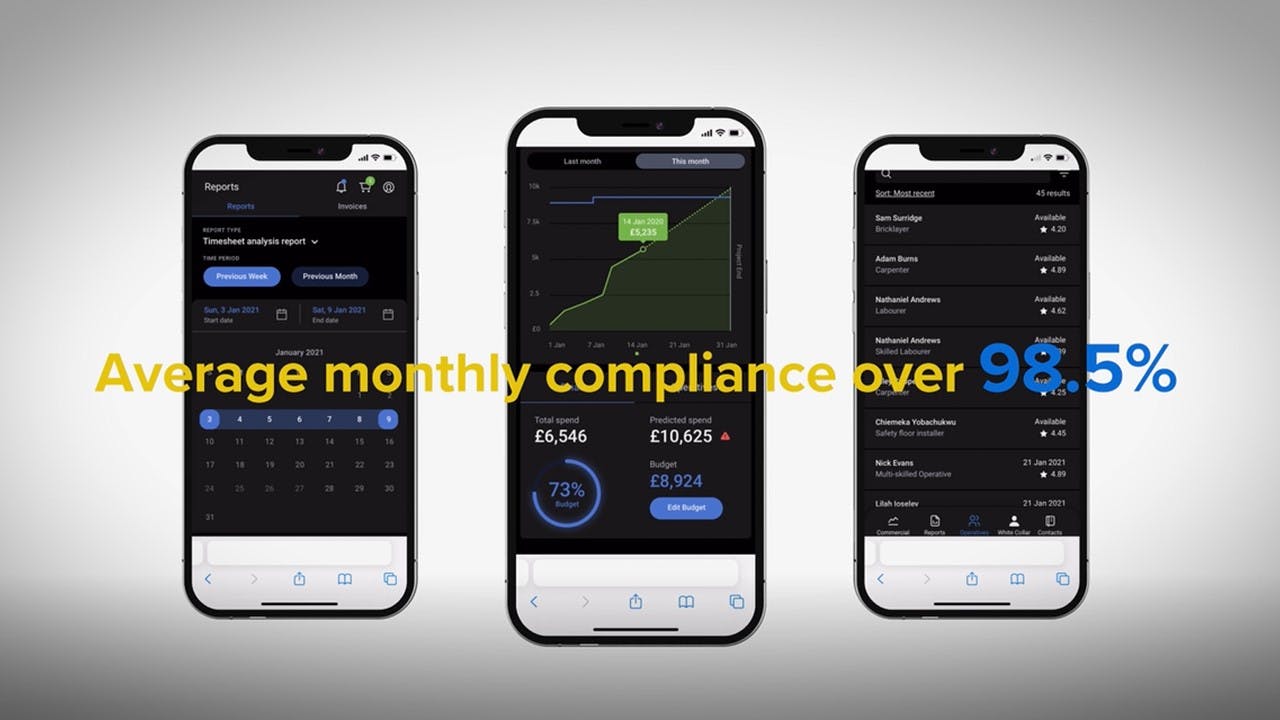If I had a £ for every time someone said that they were self-employed because they had a limited company, I’d be a very wealthy woman. Sadly not the case…
It’s just one example of the confusion that surrounds the pickle that is employment status for UK workers.
Believe it or not there are five statuses and each comes with its own set of rights and responsibilities, so knowing where you stand is crucial.
TLDR; there are 5 statuses in the UK. Workers don’t get to choose which one they prefer; HMRC tests decide it for you. Make sure you’ve got the right one otherwise it can be very expensive for the agency, hirer and / or worker - basically everyone in the supply chain.
So what are the tests?
1. WORKER
A worker is someone who works under a contract and performs services for an employer. Workers have fewer rights than employees but are entitled to basic protections such as the national minimum wage, holiday pay, and rest breaks. Plus they have protection against unlawful deductions from wages and are entitled to the statutory minimum holiday pay.
2. EMPLOYEE
An employee is someone who works under an employment contract and receives a salary or wage for their work. Employees have more rights and benefits compared to workers, including statutory sick pay, maternity/paternity leave, and protection against unfair dismissal. Employees generally have a closer relationship with their employer than workers.
3. SELF-EMPLOYED
Self-employed individuals work for themselves and are responsible for managing their own business. They are not considered employees and do not receive a salary or wage but instead earn income directly from their clients. Self-employed workers have more control over how and when they work, but they are also responsible for their own taxes and insurance.
4. DIRECTOR
A director is an individual appointed to the board of a company and is responsible for managing the company's affairs and making strategic decisions. Directors have legal duties and responsibilities under company law, including acting in the best interests of the company and its shareholders. They are also required to comply with various reporting and disclosure requirements.
5. OFFICE HOLDER
An office holder is an individual who holds a specific role within an organization, such as a company secretary or a trustee. Office holders have specific responsibilities related to their role and may receive a fee or remuneration for their services, but it is distinct from a salary or wage.
Whether you are a worker, employee, self-employed individual, director, or office holder, knowing your rights and responsibilities is key to a successful working relationship and making sure you are compliant.
If you are unsure of your employment status, search for the HMRC tests and ask an expert.
The golden rule, don’t simply pick the status you’d prefer to be - whilst it used to work like that in the good old days, it definitely doesn’t now!

